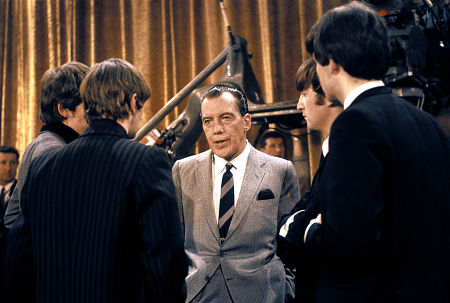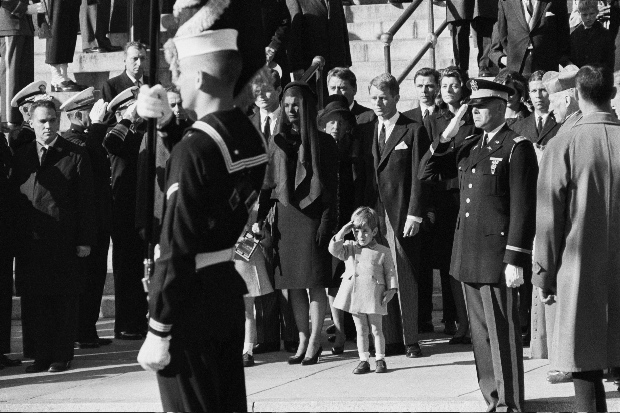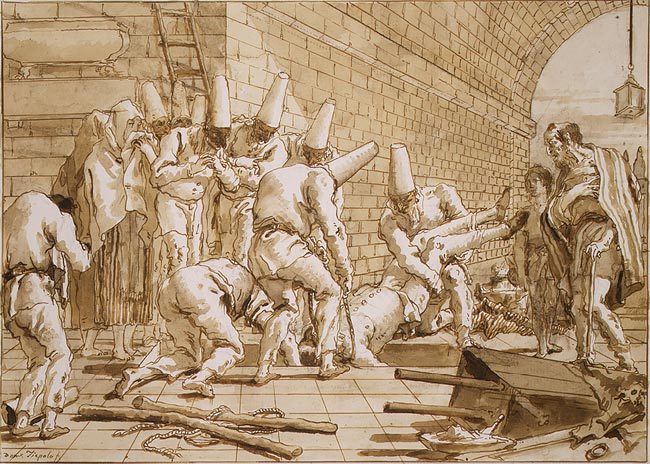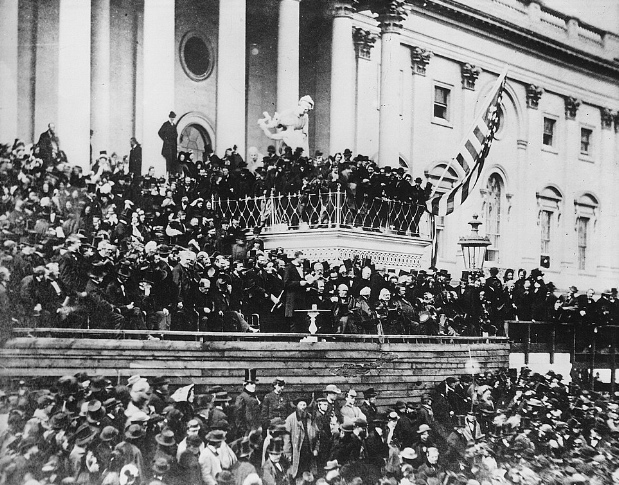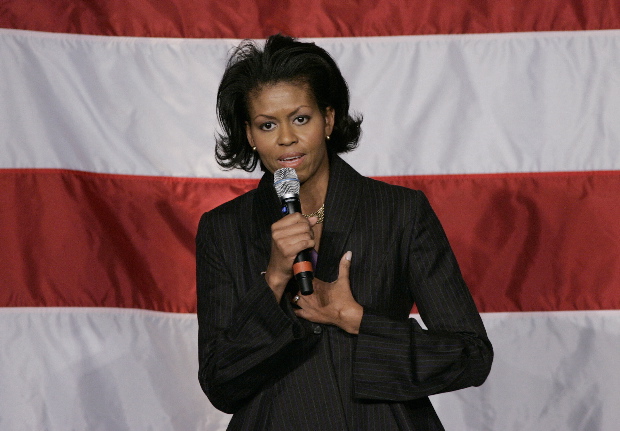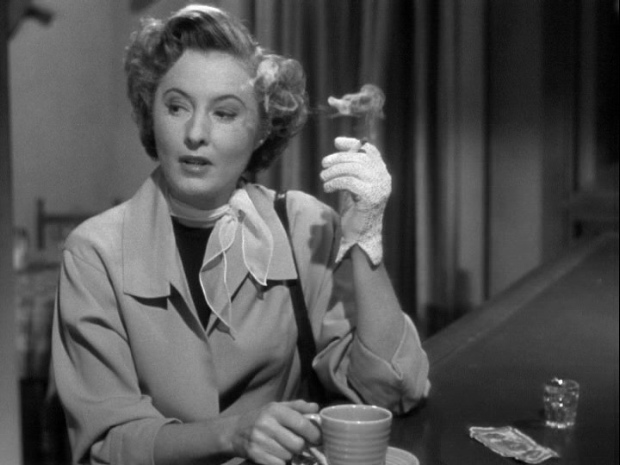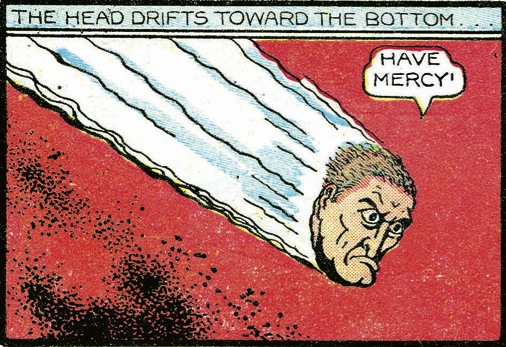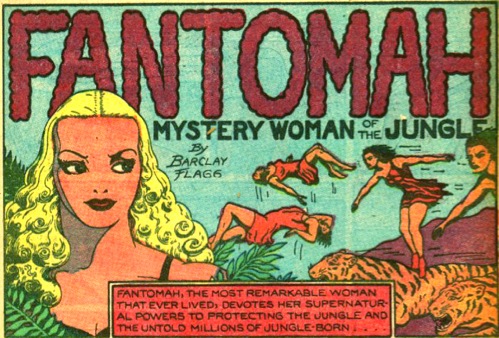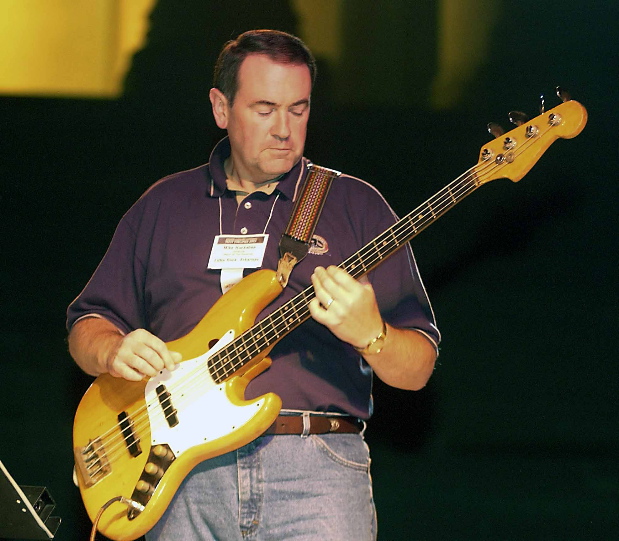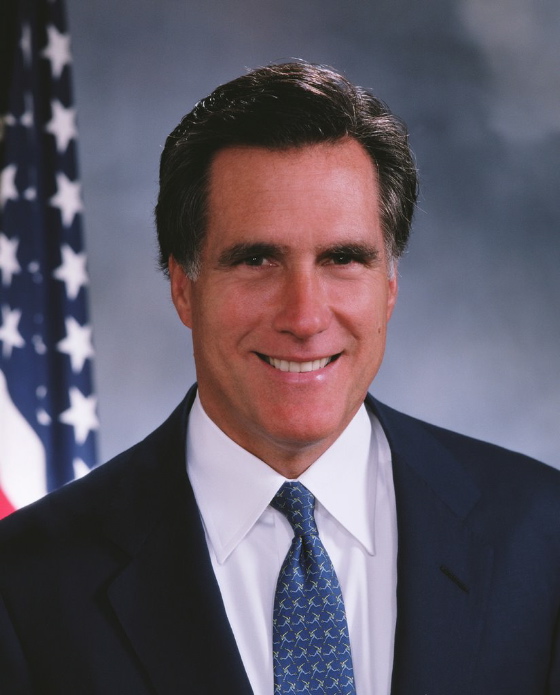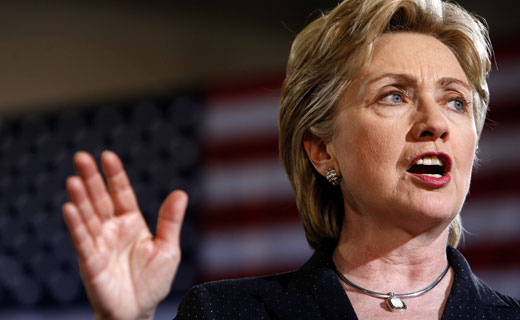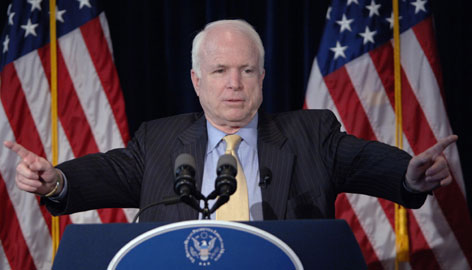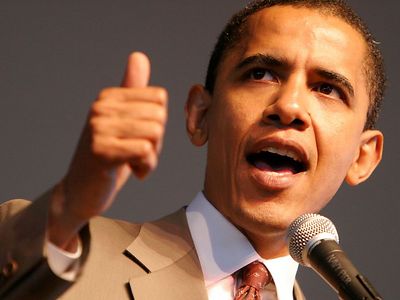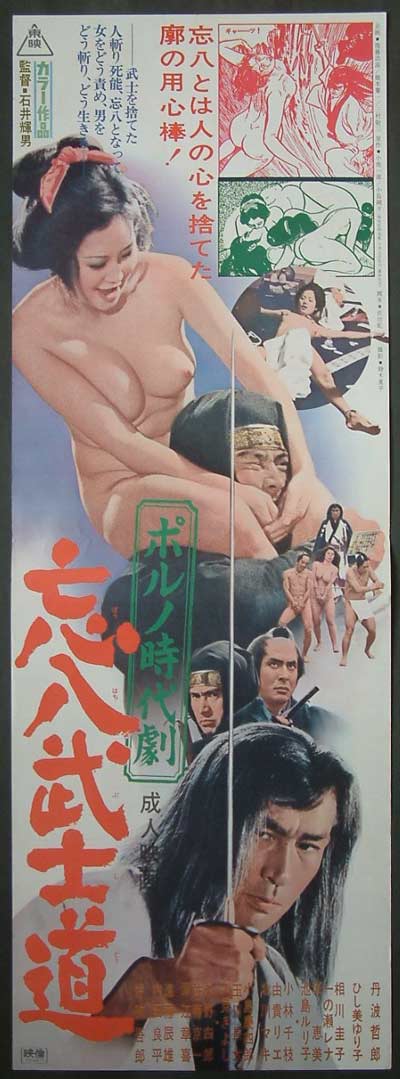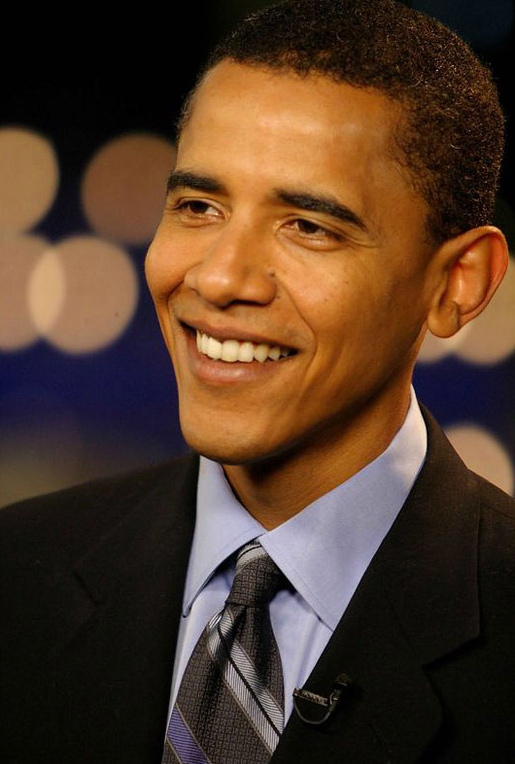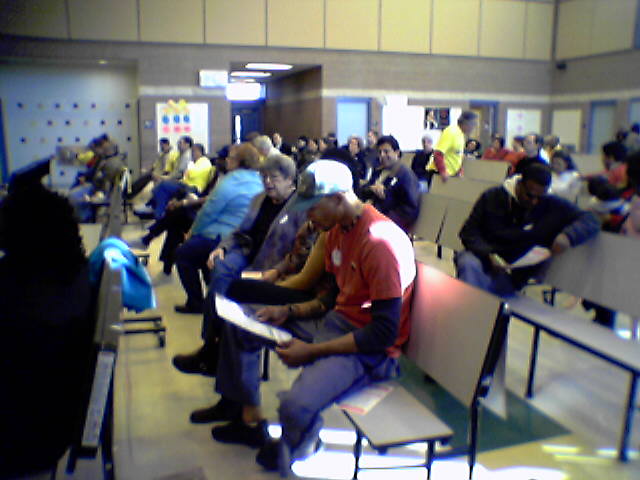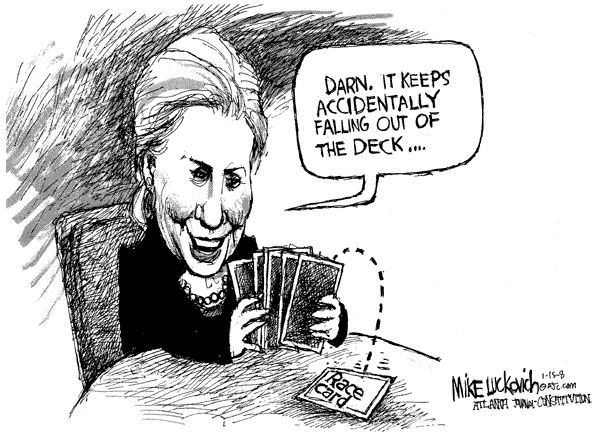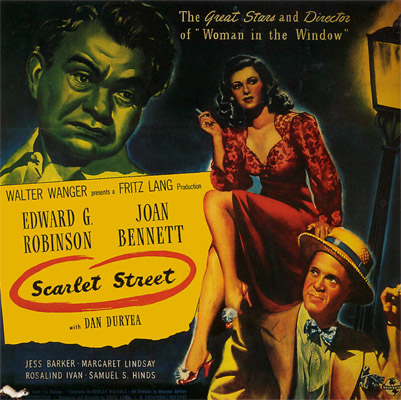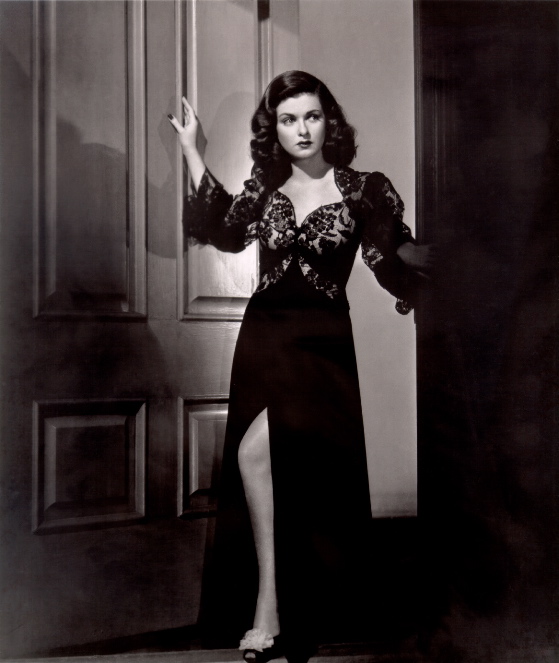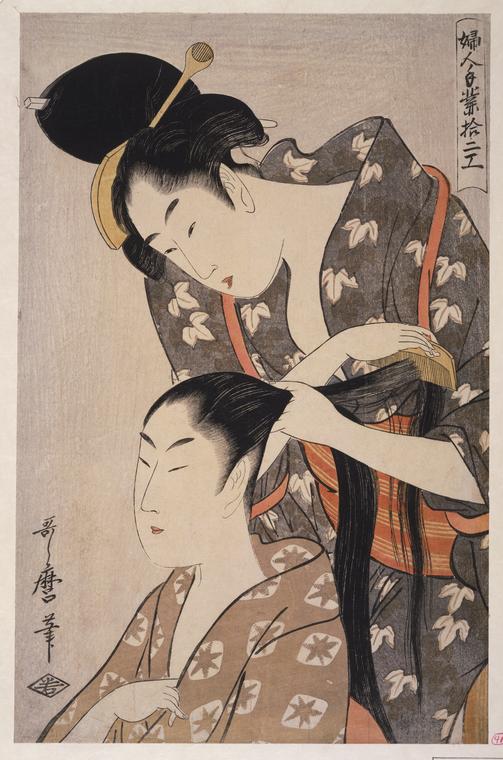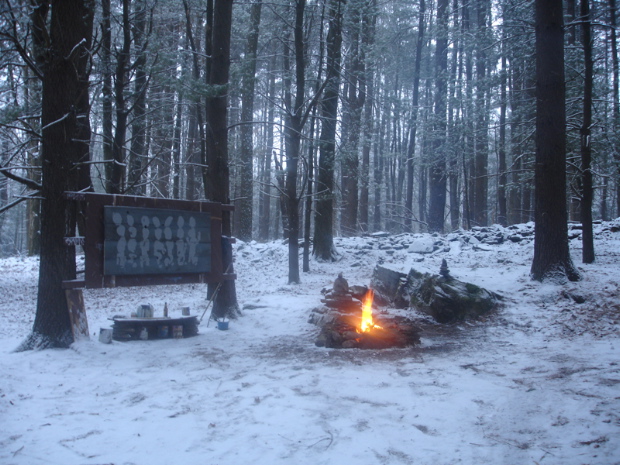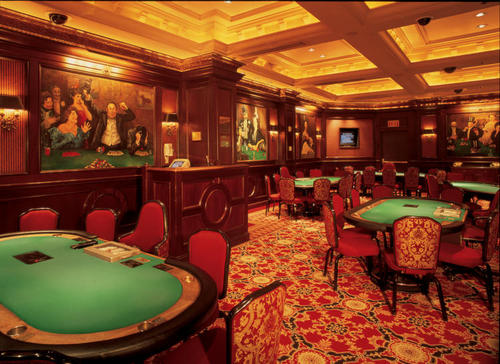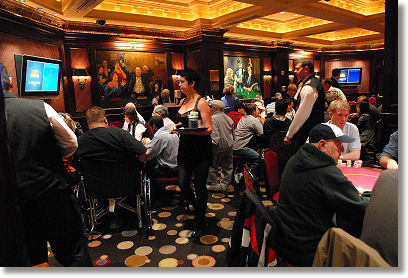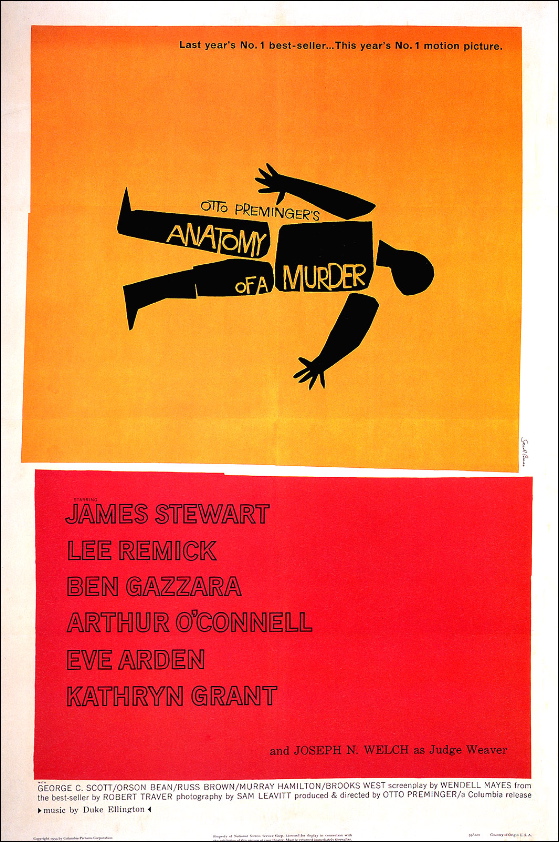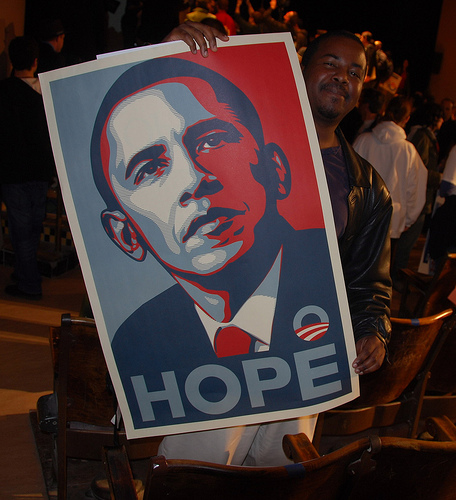
I keep having to remind myself how exciting it is that this year America
might elect its first female President, or its first African-American
President. It takes a certain amount of effort. The truth is that such excitement doesn’t have a lot of genuine substance.
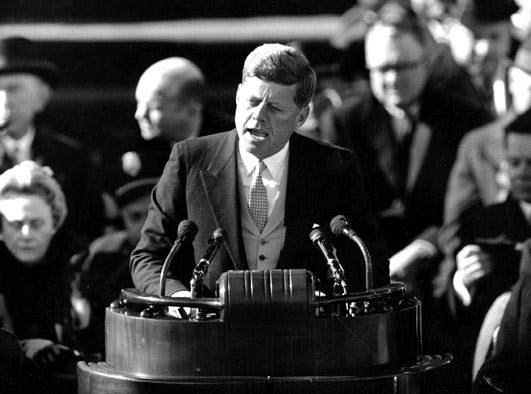
I think back to JFK’s election as America’s first Catholic
President. It seemed like such a big deal at the time, but five
minutes after JFK took the oath of office it was a non-issue.
Nobody cared anymore. We forget how stupefyingly boring prejudice
— whether religious or sexual or racial — really is . . . because
it’s not underpinned by anything real or relevant to the actual world we
live in. Its consequences can be horrific, but its core is empty,
illusory, meaningless. Like all ideas based on irrational
concepts, it has no roots — any strong wind can blow it away.
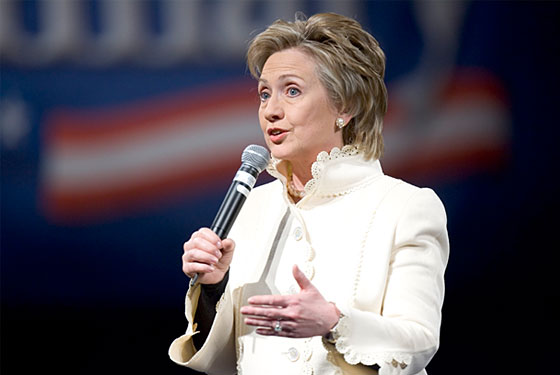
Five minutes after Hillary Clinton is sworn in as the first female
President, if that happens, five minutes after Barack Obama is sworn in
as the First African-American President, if that happens, the era in
which such a development seemed extraordinary will instantly pass into
ancient history. Fifty years from today kids will have no
imaginative grasp of that era, just as today they have no imaginative
grasp of the era of legal apartheid in America.
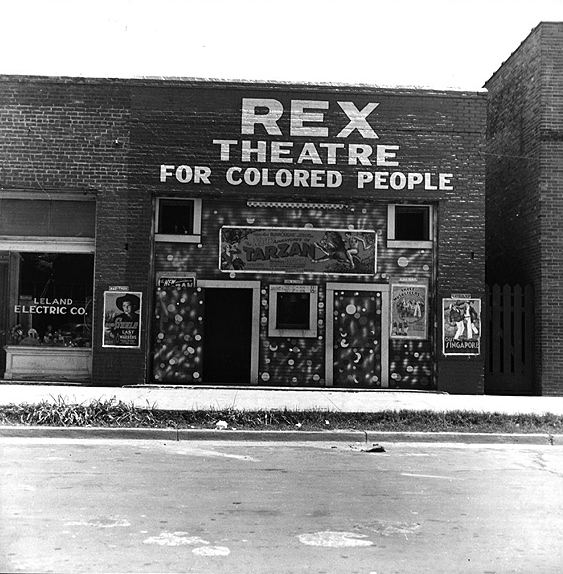
For America, with its knuckle-headed orientation towards the future —
itself somewhat irrational — the lunatic evils of the past have a
tendency to enter the realm of science fiction. In America, for example,
women and blacks have always had the vote — any time when they didn’t
have the vote unfolded in an alternate universe. I grew up in
such an alternate universe — North Carolina in the 1950s. I saw
signs like the one above every day of my life. Today they seem
more like something I read about in a book than like memories of real things.
Perhaps it’s an example of the narcosis of hope . . . and perhaps, in a
strange way, that’s part of the genius of America. We started
with these words — “We hold these truths to be self-evident, that all
men are created equal . . .” and it may be that on some level all the
rest of our history has just been a process of finding our way home
through a vale of treasonous delusions.


